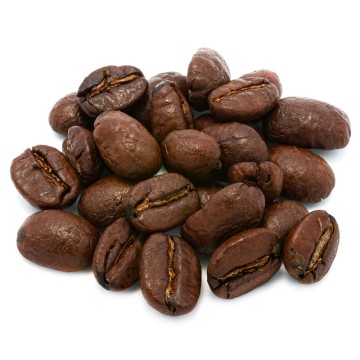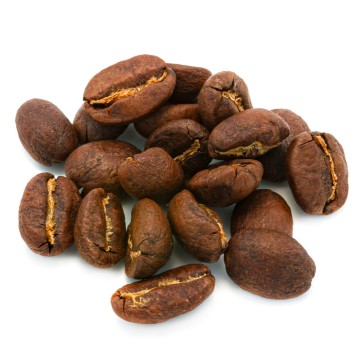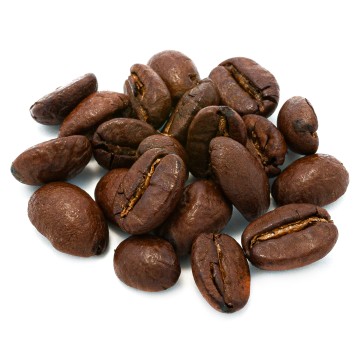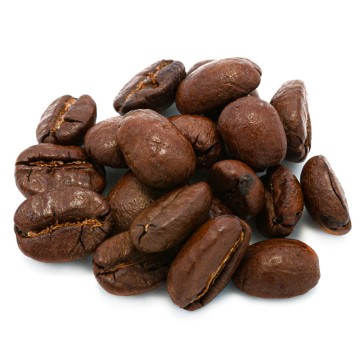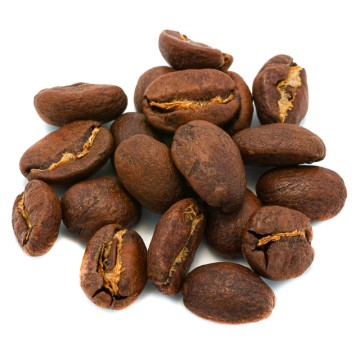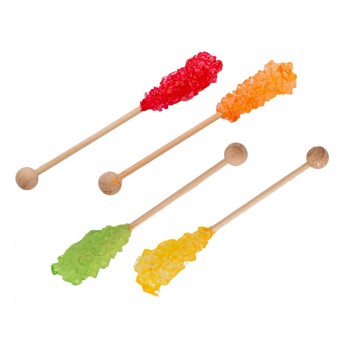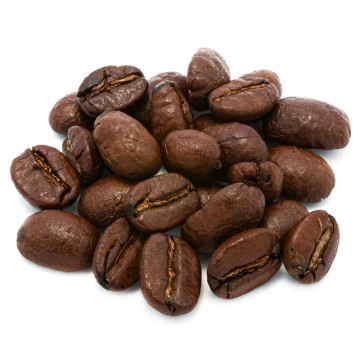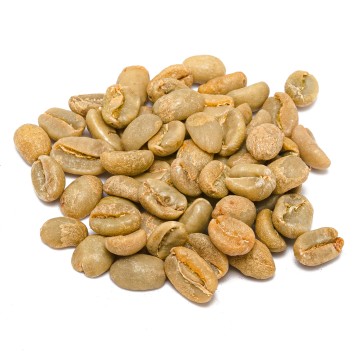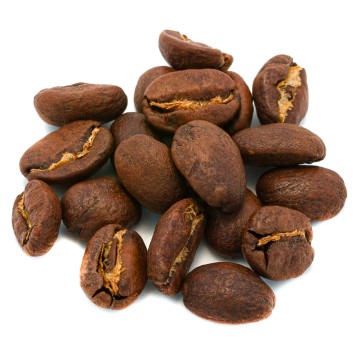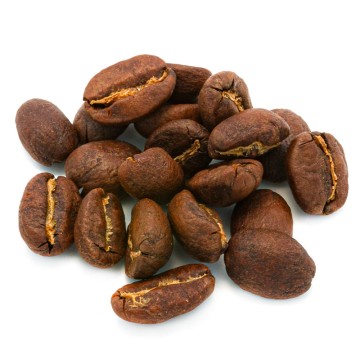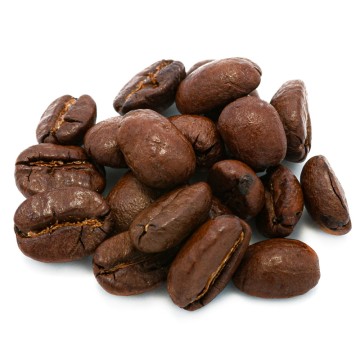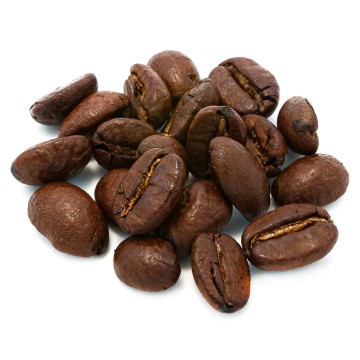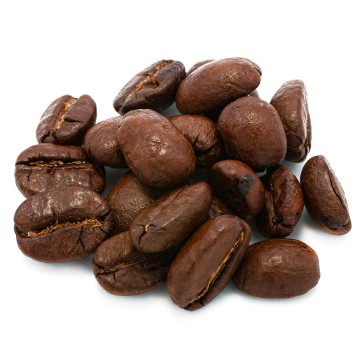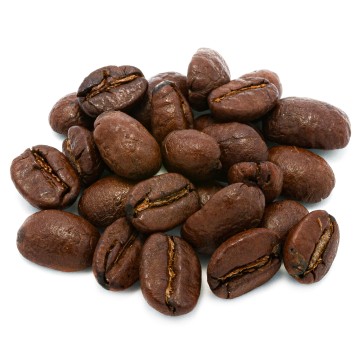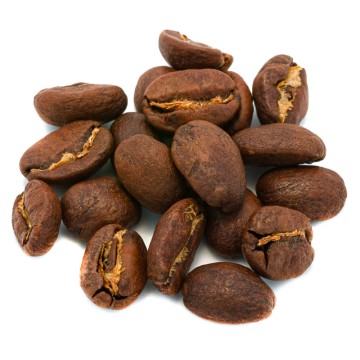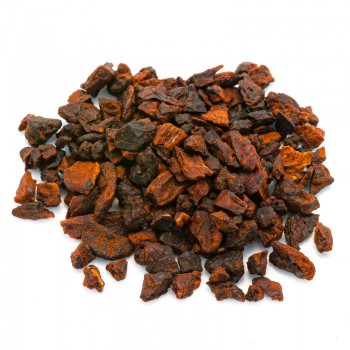Thai coffees are characterized by their intense flavor and aromatic aftertaste which in some cases tastes of chocolate and hazelnut, in others it is more spicy.
Coffee production in Thailand
Thai coffee is still little known on the international market, perhaps precisely for this reason in contrast with the majority of producing countries, here mainly robusta (Coffea canephora) is grown, even 99% of production. Even from a cultural point of view, the way of consuming coffee here is different from ours, the most common use is in a cold drink called Thai Eiskaffe which has as ingredients: short coffee, milk, condensed milk and ice. Given the climate of Thailand, perhaps this is not so surprising. However, in the country there is a limited production of arabica (Coffea arabica) concentrated in the cooler hilly areas in the north of the country.
This production was strongly pushed by the government and the king himself, you would probably never imagine why: the aforementioned area is part of the infamous golden triangle of opiate cultivation, coffee cultivation has been presented to local farmers as an alternative, the limited export of arabica produced in this area essentially concerns organic and gourmet coffees. A curiosity: paradoxically, from a country where agriculture and the coffee industry are so poorly developed comes the most expensive coffee in the world, Black Ivory Coffee which is obtained by making elephants eat the berries and recovering the beans from their excrement , just as happens with the highly contested (due to the conditions in which the animals are kept) Indonesian Kopi Luwak with civets.
Elephants in Thailand, on the other hand, appear to not suffer mistreatment and live a normal life. The passage through the digestive system of elephants obviously does not destroy the grain but only the external part, the one that makes it bitter. When the grains are ground the powder obtained is sweet and has lost all its acidity.
Quality of Thai coffee
The fact that the vast majority of production is made up of the less valuable robusta does not mean that these coffees cannot also have admirers, first of all the high acidity and the high content of caffeine (robusta contains more caffeine than arabica) can certainly meet the demands of some consumers. Furthermore, the fact that Robusta is processed with the semi-washed method means, as we have learned, that the drying process is a cross between the washed method which, by drying the bean after complete depulping, results in a coffee with a stronger flavor and less sweet and the natural method in which the bean absorbs the sugars of the pulp remnants during drying which counteract acidity and bitterness and is loaded with aromas. So even if robusta tends to be more bitter, this method mitigates the bitterness and gives aromatic notes. As far as the production of arabica is concerned, the washed method is used as usual, the varieties of arabica grown in the country are mainly Caturra (which dominates production in Vietnam which is the second largest producer in the world after Brazil and coincidentally precisely in Brazil, this variety derived from Bourbon was discovered), Typica and Bourbon, the latter two being the two original varieties

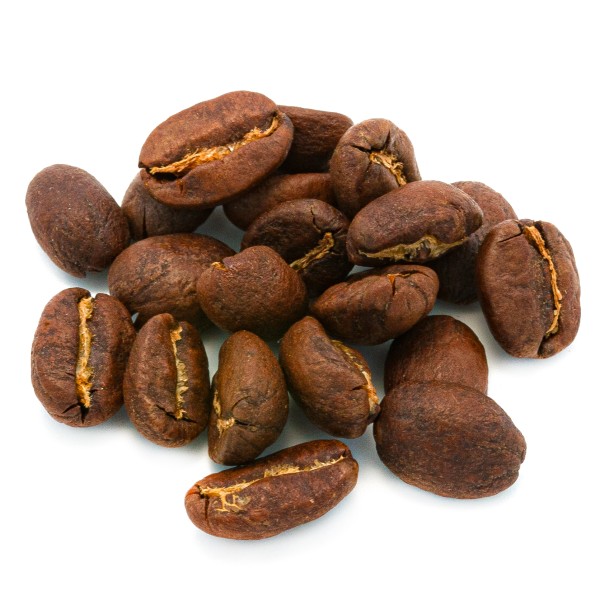

 No reward points for this product.
No reward points for this product.
